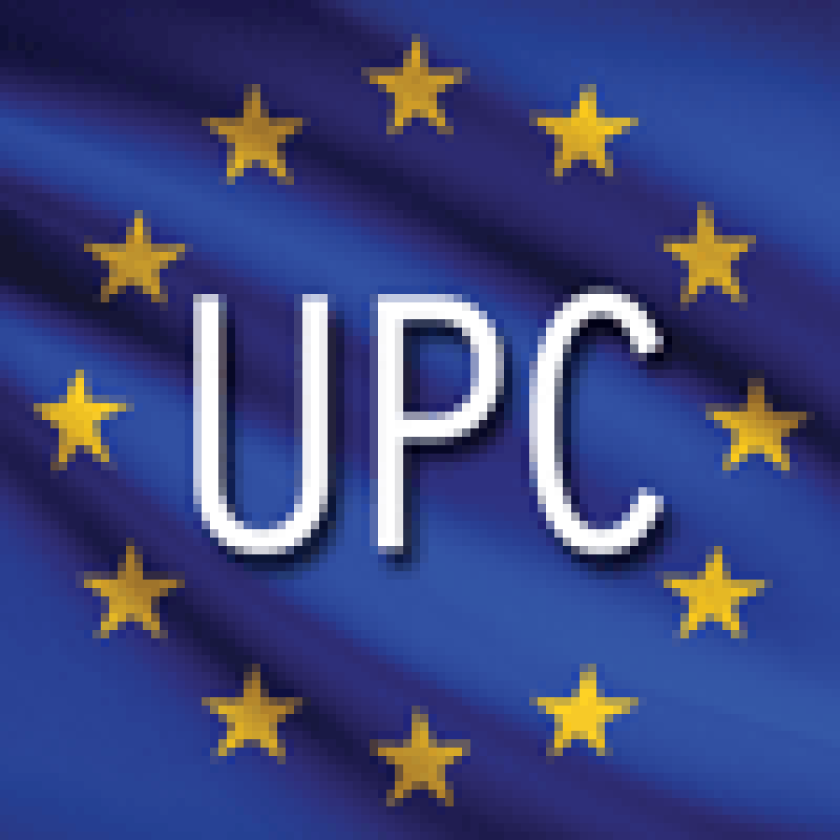| Role of this Court and why now? |
The role of this particular Court is to uphold the German constitution (Grundgesetz). A citizen or company who believes that their fundamental rights in Germany have been or will be infringed by an act of any branch of government or legislation can file a constitutional complaint with the Court. There are certain strict procedures to follow before a case can be heard by this Court. The Court can review the merits of a constitutional complaint and decide whether to admit it or not. If admitted, it has the power to review and declare an action or legislation unconstitutional. Its decision is final. To read more see here. In 2014 German IP practitioner Ingve Björn Stjerna wrote an essay which explored whether the EPC and the UPCA are open to a possible challenge before the German Constitutional Court. In the essay Stjerna said that such an action against the UPCA is likely to be admitted for review by the court just before its ratification. It is worth a read. |
The court case is a constitutional complaint (number 2 BVR 739/17) before the German Federal Constitutional Court (Bundesverfassungsgericht) concerning the UPC Agreement. The complaint was accompanied by an application for an injunction.
Hendrik Wieduwilt of Frankfurter Allgemeine Zeitung (FAZ) broke the news on Twitter: “EXCLUSIVE: @BVerfG stops single EU patent; Karlsruhe has asked BuPräsidenten not to sign laws… [translated].”
The Court's office has confirmed to Managing IP that no decision has been made but there is an agreement between the Court and the Office of the President. "During a phone call the Office of the Federal President then assured the rapporteur of not entering into certifying the law until a decision has been issued," the Court's office said.
Asked when a decision is expected, the Court's office explained: "The case will be reviewed with the appropriate urgency as the constitutional complaint was accompanied by a motion for a temporary injunction."
Information about this case is not yet on the Court's website and we’re yet to receive a response from the German Federal Ministry of Justice and Consumer Protection.
Reaction
This news took many by surprise, as comments on Twitter show. It comes at a critical time when Germany has all but completed the procedures to be ready for UPC Agreement (UPCA) ratification, slated before the end of this year.
The German Parliament (Bundestag) has already passed the necessary pieces of legislation, which have also been approved by the Federal Council (Bundesrat). The remaining key steps required are for the German president and government to sign them into law and publication in the Bundesgesetzblatt (Law Gazette).
The identity of the complainant and the grounds for the complaint are not yet known. But once again the UPCA is under judicial scrutiny. Together with the UK election fallout, this development may further delay the project.
You can follow our coverage of the Unitary Patent and UPC, including our new series of UPC case scenarios, at www.managingip.com/upc











